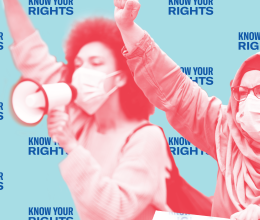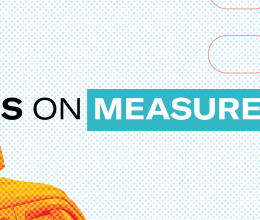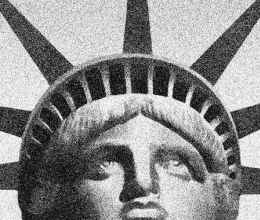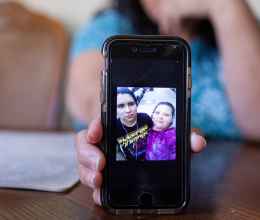
LOS ANGELES - Five sweeping civil rights lawsuits filed across the country today accuse American, Continental, Northwest and United Airlines of blatant discrimination against five men who were ejected from flights based on the prejudices of airline employees and passengers and for reasons wholly unrelated to security.
The lawsuits were filed in Los Angeles, Maryland, New Jersey and San Francisco by the American Civil Liberties Union and Relman & Associates, a Washington-based civil rights law firm, on behalf of the five men and the American-Arab Anti-Discrimination Committee. Four of the passengers are United States citizens and the fifth is a permanent legal resident; two of the five are of Arab descent.
In December of 2001, Assem Bayaa, a plaintiff in the Los Angeles action, was ordered off a United Airlines flight from LAX to JFK. Mr. Bayaa had cleared numerous security checks before boarding the plane. He was ejected from the plane because, he was told, the crew "felt uncomfortable" having him on board. Following his removal from the plane, Mr. Bayaa was never once questioned or searched by security personnel, he was promptly offered a boarding pass for the next flight, and his checked luggage was not even removed from the plane before it took off.
"I will never forget how I felt when I watched that plane leave without me," said Assem Bayaa. "It was very painful for me. It was as if the previous 22 years of freedom I had enjoyed in America vanished in that instant."
Mr. Bayaa's case is one of five being filed today. While details of the legal complaints vary, the cases share certain key elements: the men are all of Arab, Asian or Middle Eastern appearance; they had all passed rigorous security checks and were cleared to board; they were all were ejected after passengers or crew said that they "felt uncomfortable" with them on board; they were all immediately offered seats on subsequent flights without any further security checks; and the incidents all occurred more than a month after the terrorist attacks of September 11, some as late as New Year's Eve.
"We're all in favor of reasonable and sensible security measures that will make us safer," said Ben Wizner, staff attorney with the ACLU of Southern California. "But what happened here had nothing to do with safety and everything to do with racial bias. You don't have to be a security expert to understand that if United Airlines had been genuinely concerned about Mr. Bayaa, it would not have allowed the plane to take off with his luggage on board, and it would not have offered him a seat on the very next flight."
The ADC, also a plaintiff in Mr. Bayaa's case, has been tracking complaints of discrimination by airlines for several months. "Since October, the ADC has been urging the airlines to create guidelines which would clarify the rights of passengers and the authority of pilots," said Hussein Ibish from the ADC. "As the Department of Transportation has repeatedly pointed out, removing passengers from aircraft simply because of their ethnicity is 'not only immoral but illegal.'"
Collectively, the lawsuits ask four federal courts to declare that the airlines' actions violated the men's civil rights and ask the court to order that airlines implement measures to prevent future discrimination.
The ACLU noted that as early as September 21, 2001, the DOT sent e-mail to several major airlines cautioning them not to discriminate against passengers based on race, color or national or ethnic origin. The DOT repeated the warning in October, saying, "it is important to reemphasize that in performing our critical duties, we may not rely on generalized stereotypes or attitudes or beliefs about the propensity of members of any racial, ethnic, religious or national origin group to engage in unlawful activity."
Statistics from the Department of Transportation demonstrate the need for repeated warnings to the airlines: between January and March 2002 -- the first period for which these numbers are available -- the DOT documented 84 complaints of discrimination by air carriers.






